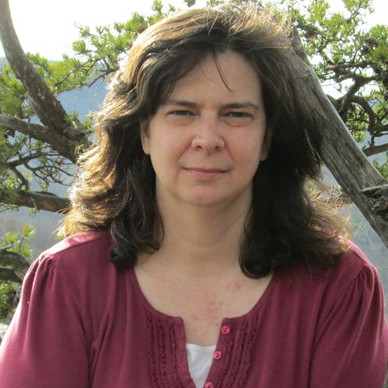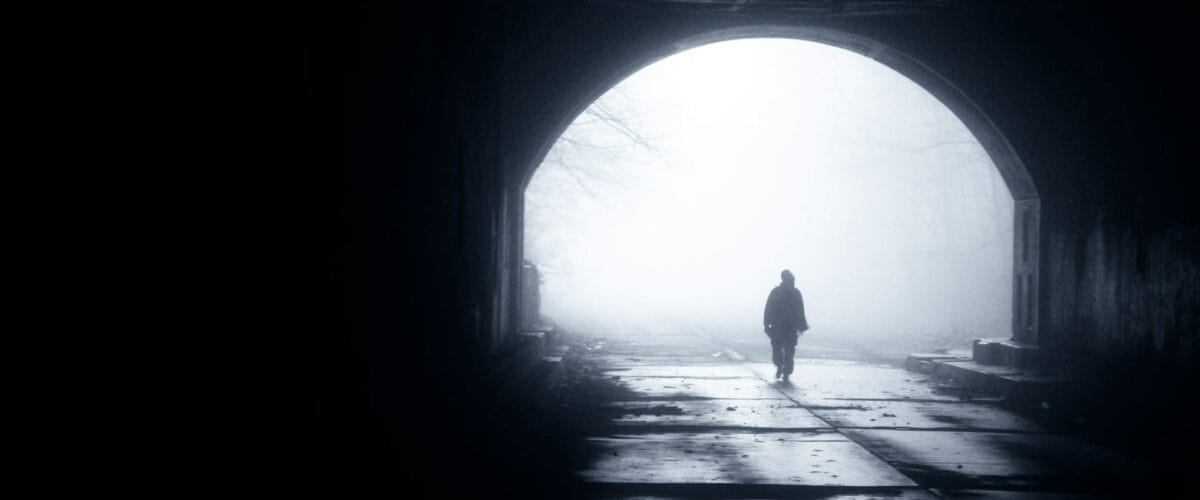Greetings to you, my brother.
I pray that you are recovering from the illness that prevented your travel to Jerusalem for Pesach.
In my previous letter, I told you of my plans to question Jesus of Nazareth after his pompous entrance into the city and the chaos he created in the temple. I must provide an update about my encounter with him a few days later. I confess to you that it is not flattering to my reputation.
After disrupting business in the temple and adding Annas and his sons to his list of powerful enemies, he seemed content to teach only those who intentionally gathered around him. Of course, everyone kept a close eye on him and the sizable crowd that appeared to hang on his every word. The people seemed especially stirred with Messianic fervor, and as always, the zealots were alert for any opportunity to ignite their fight for freedom. Many Pharisees, especially those of the House of Shammai, condemned his refusal to honor their “fences around the law.” The Priests and Sadducees, the legitimate spiritual leaders in the temple, were concerned with assuring Rome that Jerusalem was being kept well under control during Pesach.
This man was a considerable threat to the stability of all Judea. His public disregard for spiritual authorities and his growing crowd of enthusiastic followers were proof of that. Our leaders exercised great wisdom and patience, listening to him teach in the temple, gathering evidence to be used against him, and waiting for a quiet moment away from the crowds to make an arrest.
My brothers and I had no such lofty agenda. We were merely seizing the opportunity to educate the people regarding their persistent belief in the resurrection of the dead. We chose a question that is often debated among the teachers because there exists no acceptable answer to the dilemma.
“If a woman has had multiple husbands, whose wife will she be after the dead are raised?”
This question effectively demonstrates the absurdity of this belief. I admit that the concept of reward and punishment in the next life does provide an incentive for submission to the law in the present one. It also helps the weak-minded accept their mundane existence, the absence of justice, and the finality of death. However, we cannot justify perpetuating false teaching because it provides certain desirable benefits. People need to submit to the law for no other reason than that failure to do so has consequences in this life.
We took the time to observe the controversial teacher before addressing him. He seemed to see through the motives of those asking the previous questions. I admit that I was impressed with how he avoided their traps while giving shrewd but not provocative answers. Anyone who can respond to such challenges without forethought demonstrates a high level of poise and intellect – and elevates the danger he represents.
Our question was not nearly as dangerous to him as those with more deceitful agendas. As the one who would speak for the group, I expected nothing more than another evasive answer or a parable subtly suggesting his opinion on the matter. His response was so unexpectedly fierce that I was stunned into silence. These are his very statements!
“Are you not in error because you do not know the Scriptures or the power of God?”
“The people of this age marry and are given in marriage. But those who are considered worthy of taking part in the age to come and in the resurrection from the dead will neither marry nor be given in marriage; they will be like the angels in heaven.”
“ Now about the dead rising—have you not read in the Book of Moses, in the account of the burning bush, how God said to him, ‘I am the God of Abraham, the God of Isaac, and the God of Jacob’? He is not the God of the dead, but of the living, for to him all are alive.”
“You are badly mistaken!”
I walked away, shaking my head as if dismissing everything he said as unworthy of a response. Furious and humiliated, I left my companions behind and returned home with his insults ringing in my ears. A few days have passed, and still, they rob me of sleep and steal my peace as no other encounter has done before.
How could anyone speak such words to me – a man that has devoted his life to these scriptures? What credentials does he have that he should judge me? Showmen draw crowds; devotion such as mine is not a spectacle for the masses. It is a quiet, solitary endeavor, demanding respect, and inviting only a select few to join in the process.
His brutal response was unjustified and undignified. I asked a simple question requiring a simple answer. It was only fair that a man of his growing influence should be expected to share his opinion. Our legitimate point was that complications such as this would bring inevitable chaos into this fanciful dream of eternal happiness.
As you know, Moses did not speak of the resurrection of the dead, angels, demons, or other such nonsense. He gave us the law, and with it, a method of governing the people that, when properly enforced, has worked for generations. His reports of God’s “miraculous works” united the people and continue to provide us with an identity that binds us together through times of trouble. The Torah of Moses is a magnificent work, greater than the wisdom of our revered kings, the profound knowledge of the Grecians, or the edicts of the “divine” rulers of Rome.
My encounter with this Galilean should not still bother me. He now lies cold in a tomb, thanks to swift action by the Sanhedrin and the self-serving priorities of Pontius Pilate and King Herod. Jesus of Nazareth is no longer able to agitate the already volatile relationships among the temple’s religious sects. Yet, the waters of my mind remain troubled. It bothers me that as well as I know the Torah, I have never pondered these words. Do not misunderstand my point; I have not changed my mind about anything. It just disturbs me that he presented a perspective that I have never considered – a question that I was not prepared to answer. I expect that I will spend the days between now and Pentecost devoted solely to this subject.
Who knows, perhaps he will rise from the grave, return to us, and provide all the answers I need!
I suppose if that happens, we will all need to change our thinking. Of course, I speak in jest. Jesus of Nazareth did not unsettle me to the extent that I entertain thoughts of such possibilities.
I will send another letter after I have been permitted more time to meditate upon this question. It has been a long time since I have been challenged to delve into the scriptures in a pure search for understanding. It is invigorating! For this, perhaps I should be thankful.
I trust that you will keep my thoughts in the strictest confidence.
Peace be with you in this life, and when your days have ended, may your memory be a blessing to your sons and daughters!
(Scriptural Inspirations: Matthew 22:23-33, Mark 12:18-27, Luke 20:27-40, Acts 23:1-11)
Featured Image by Robert Bye on Unsplash




















Comments are closed.